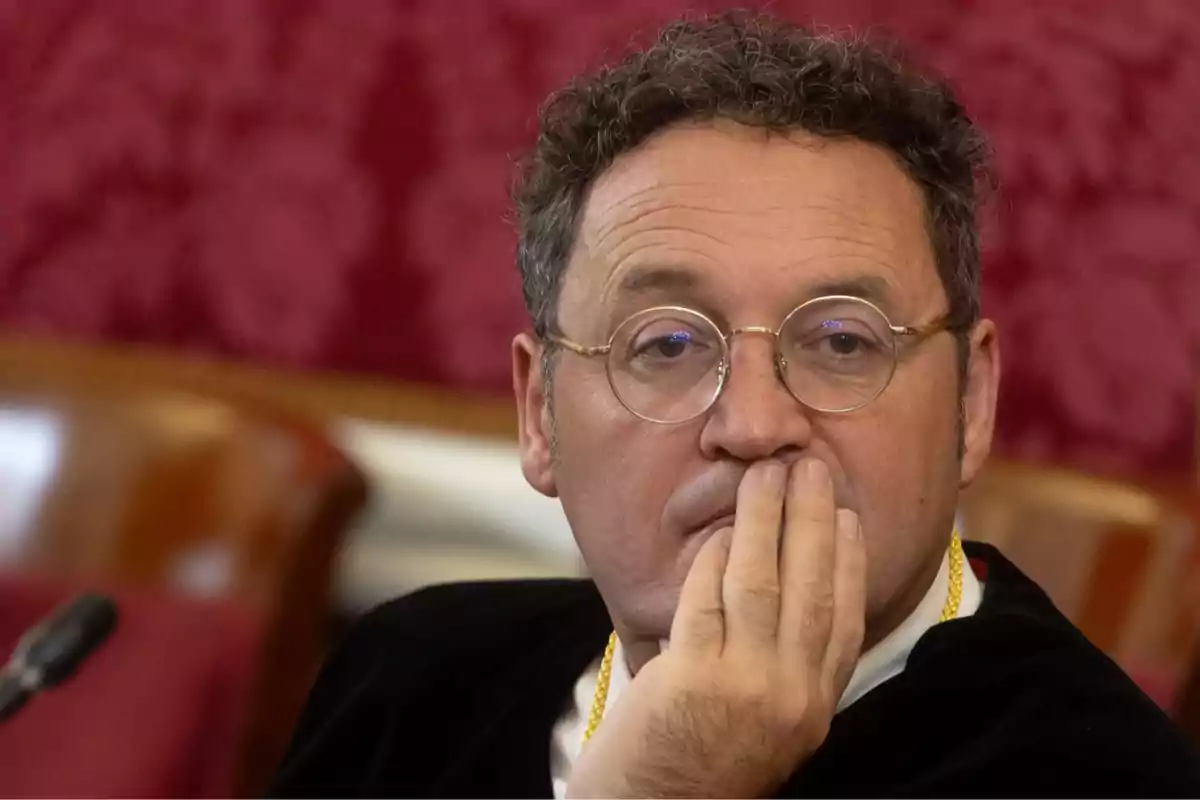
Supreme Court Blow to the Prosecutor's Office: 'no Immunity'
The Supreme Court endorses the search of Álvaro García Ortiz's office
The Appeals Chamber of the Supreme Court has rejected the appeals filed by the Public Prosecutor's Office and the State Attorney's Office. In which they requested the annulment of the entry and search of Álvaro García Ortiz's office.
The procedure was carried out within the framework of an investigation into alleged economic crimes related to the leak of confidential data. This, concerning the controversial case of the boyfriend of the president of the Community of Madrid, Isabel Díaz Ayuso.

The High Court has supported Judge Ángel Hurtado's decision, arguing that the investigation justified the search. According to the ruling, "the investigated crime allows it" and the judicial action was "necessary" for clarifying the facts.
The resolution emphasizes that the intervention in the office of the Attorney General was "the only possible means" to locate the seized electronic devices. Additionally, the Chamber stresses that no institution, including the Attorney General's Office, enjoys immunity from an investigation ordered by the Supreme Court.
He acted in accordance with the law and with sufficient motivation. In this regard, the ruling concludes that the principle of proportionality has been met in the process.
Supreme Court Supports Investigation and Rejects Limiting Tools to the Investigator
The Supreme Court has defended the legality of the search of Álvaro García Ortiz's office. Thus, warning that any restriction on the investigation would mean "renouncing it" and would create a "sphere of impunity".
In its resolution, the judges argue that if the High Court has the competence to investigate a person with parliamentary immunity, it must have "the necessary means and instruments to do so".

According to Vozpópuli, denying the investigating judge these tools would be equivalent to granting a "privilege to those with immunity". Therefore, the Supreme Court considers the obtaining of information justified and supports the necessity, suitability, and proportionality of the measure, including the intervention in the secrecy of communications. Meanwhile, other affected rights, which it describes as "less intense" compared to the right to investigation.
Regarding the seizure of computer material, the court maintains that there is no valid objection. This, since the indications of crime detected by the Superior Court of Justice of Madrid and the Supreme Court point to the alleged commission of a crime "by telematic means". Consequently, it concludes that the only way to clarify the facts is through the investigation of these same digital means.
More posts: